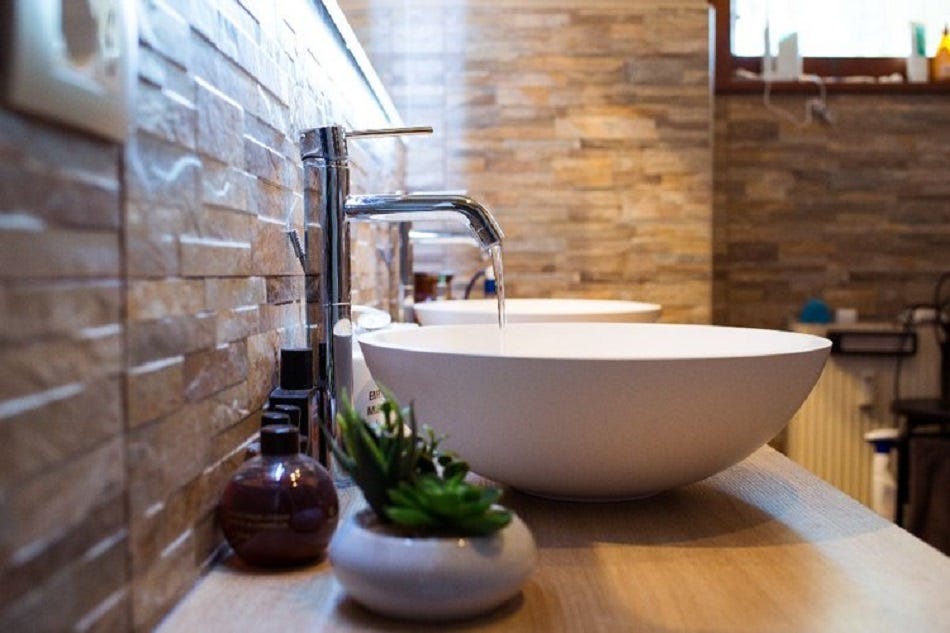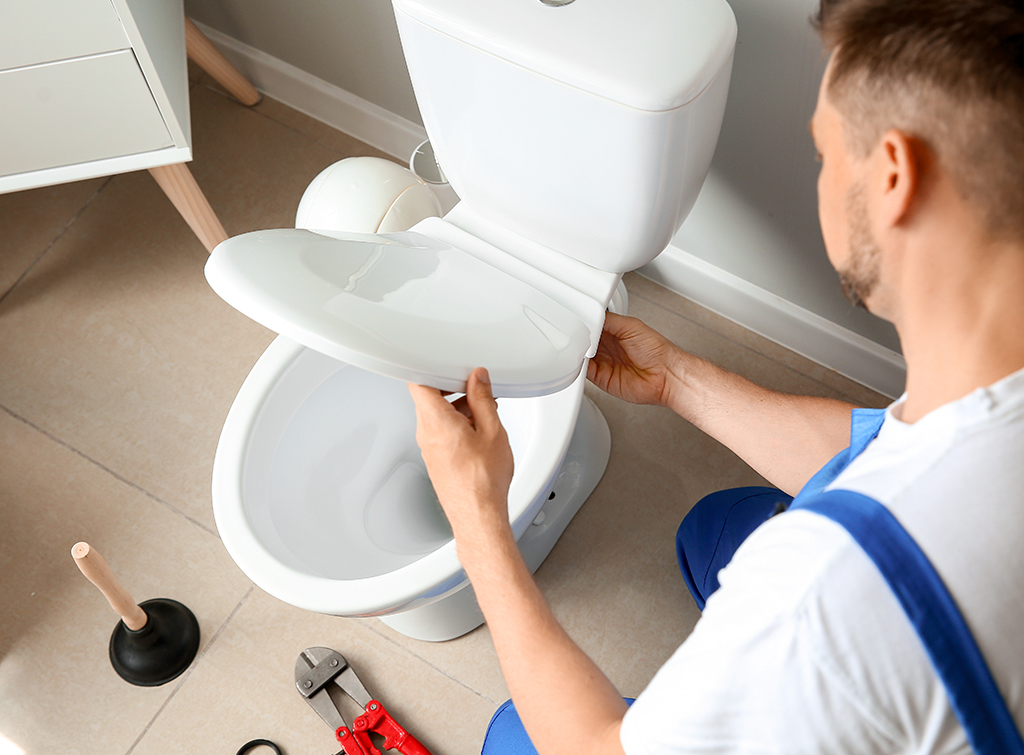How do you really feel in relation to General Plumbing Tips for New Homeowners?

For new house owners, understanding and preserving bathroom plumbing can conserve both money and time by preventing pricey issues down the line. Here are some necessary restroom plumbing pointers to help you maintain every little thing running smoothly.
Prepare for Winter
Shield your pipelines from freezing during winter by shielding pipelines in unheated locations like basements, attic rooms, and garages. During extreme cool, allow cold water drip from faucets served by exposed pipes to aid avoid freezing.
Arrange Regular Maintenance
Take into consideration scheduling annual inspections with a certified plumber. They can identify issues that you could miss, such as concealed leaks or wear and tear on pipes and components. Regular upkeep assists extend the life of your pipes system and can stop emergency situations.
Familiarize Yourself with the Main Shut-Off Shutoff
Understanding where the main water shut-off valve lies in your home is critical. This allows you to quickly switch off the water supply in case of significant leaks or during plumbing emergency situations, stopping extensive water damages.
Routinely Evaluate for Leaks
Small leakages can cause large issues. Regularly inspect under sinks, around toilets, and near plumbing fixtures for any type of indicators of leakages. Try to find dampness, small drips, or corrosion. Catching and repairing leakages early can prevent much more major damage and conserve water.
Preserve Your Water Heater
Ensure your hot water heater is readied to an ideal temperature level (typically around 120 degrees Fahrenheit) to prevent hot and reduce power use. Flush the tank each year to get rid of debris build-up, which can decrease the efficiency and life-span of your heating unit.
Upgrade Your Fixtures
If your home has older components, think about upgrading to more reliable models. Modern bathrooms, showerheads, and taps are designed to utilize less water while giving good pressure, which can dramatically lower your water costs and environmental footprint.
Beware with Do It Yourself Plumbing Services
While it's appealing to manage all home repairs by yourself, be cautious with pipes. Some issues could require expert proficiency, particularly if they entail primary water lines or drain fixings. Employing an expert can in some cases be much more cost-efficient than do it yourself, especially if it protects against additional damage.
Do Not Overlook Slow Drains
If your sink or bath tub is draining pipes slowly, it's commonly an indicator of an obstruction forming. Resolving this early can prevent a total obstruction. Use a plunger or a plumbing's serpent to clear out particles. Stay clear of making use of chemical drain cleansers as they can damage your pipes over time.
Know What Not to Flush
Commodes are not garbage disposals. Avoid flushing anything other than bathroom tissue and human waste. Products like wipes, womanly health items, and cotton bud should be dealt with in the trash to avoid clogs and sewage system backups.
Set Up Strainers in Drains
Place strainers in your sink and bathtub drains to catch hair and other particles prior to they enter your plumbing system. Cleaning the strainers consistently will assist protect against buildup and maintain water streaming freely.
Final thought
Recognizing and keeping your home's bathroom pipes can stop many common problems. By following these necessary suggestions, you can ensure your restroom remains practical and efficient, conserving you money and time over time.
Essential Plumbing Tips for Homeowners: Keep Your Pipes Flowing Smoothly
As a homeowner, understanding the basics of your plumbing system can save you time, money, and a lot of headaches. Plumbing issues can range from minor annoyances like dripping faucets to major problems like burst pipes that cause significant damage. This guide provides essential tips to help you maintain your plumbing system and tackle common issues.
Understanding Your Plumbing System
Supply System: Brings fresh water into your home from a municipal source or a well. Drain-Waste-Vent System: Removes wastewater and vents sewer gases outside. Fixtures and Appliances: Includes sinks, toilets, showers, dishwashers, and washing machines. Basic Maintenance Tips
Regular Inspections: Periodically check for leaks, corrosion, and other signs of wear and tear. Look under sinks, around toilets, and near water heaters. Know Your Main Shut-Off Valve: In case of a major leak, you’ll need to shut off the water quickly. Ensure everyone in your household knows where the main shut-off valve is located. Prevent Frozen Pipes: In cold climates, insulate exposed pipes and let faucets drip during extreme cold to prevent freezing. Use Strainers: Install strainers in sinks and tubs to catch hair, food particles, and other debris that can cause clogs. Common Plumbing Issues and Solutions
Clogged Drains:
Prevention: Avoid pouring grease down the drain and use drain screens to catch debris. DIY Fix: Use a plunger or a plumbing snake to clear minor clogs. For stubborn clogs, a mixture of baking soda and vinegar can sometimes help. Leaky Faucets:
Prevention: Replace washers and seals regularly. DIY Fix: Turn off the water supply, disassemble the faucet, and replace worn parts.

Book Appointment